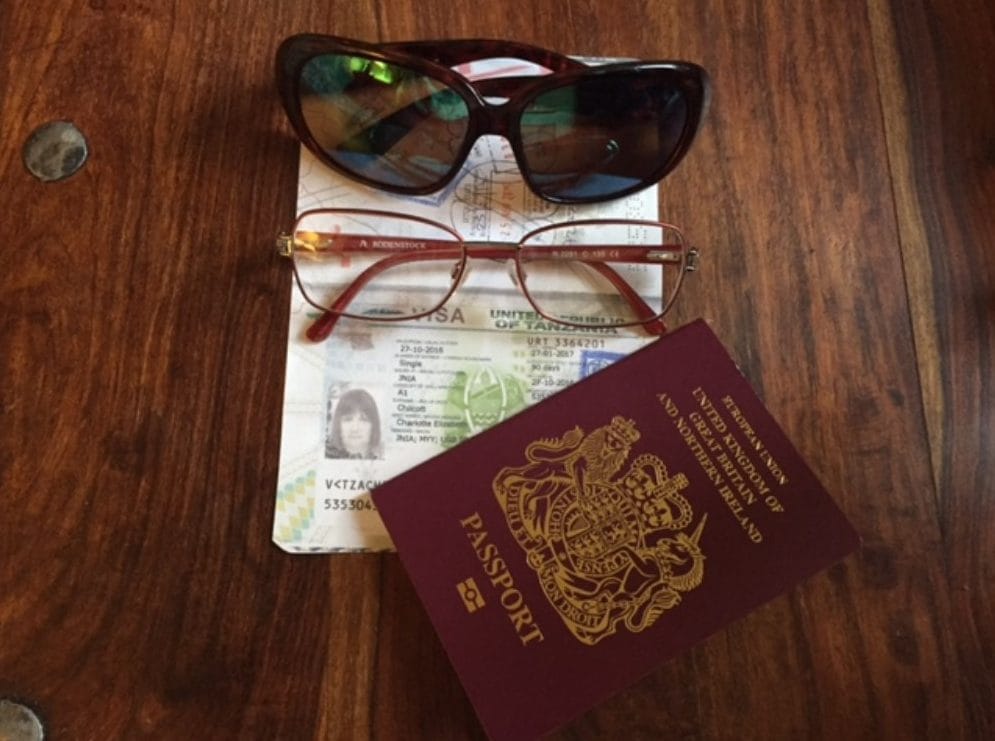With on-going questions about what might happen after the UK leaves the European Union (EU), and many already planning trips in 2020 and beyond, will Brexit affect travel in Europe? With the political process still on-going and none of us able to predict the final outcome, there have been some reassurances recently around flights and visas. ABTA have recently published practical advice for travellers, and you can read that HERE. Below is a summary of the questions we are more frequently asked.
Will flights still operate?
UK citizens can be reassured that regardless of the Brexit outcome planes will still fly between the UK and the EU: if a deal is agreed then we will be in a transition period, meaning everything will stay the same until the end of December 2020 and flights will continue as normal. Even if we are in a no-deal scenario, the European Commission has said that UK airlines will still be able to operate flights between the UK and the EU. The UK government has offered similar assurances for EU airlines.
Will I need a visa to travel to the EU after Brexit?
You shouldn’t need a visa to travel to the EU after Brexit. The European Commission proposed in November 2018 that, even in a no-deal scenario, UK travellers can still visit the EU without a visa, providing the same is offered to European citizens visiting the UK. The European Commission has said that from 2021, UK citizens will need to pay a fee (of around 7 Euros) for this visa exemption. This is part of a new electronic travel authorisation system applying to all third country visitors to the EU, similar to the US ESTA regime. Visit Gov.uk for more information.
What happens if I book to travel and my holiday cannot go ahead due to Brexit?
There is nothing to suggest that you will not be able to continue with your holiday plans after 29 March. Even in a no-deal scenario, the European Commission has said flights to and from the UK will still be able to operate. Customers who book a package holiday with a UK travel company enjoy the most comprehensive consumer protection: if you book a package, your holiday will be protected under the Package Travel Regulations, meaning you have a right to a full refund if your holiday can no longer be provided. The UK Government has confirmed that the Package Travel Regulations will remain in the UK law when the UK leaves the EU.
Should I take out travel insurance to cover Brexit?
The best way to protect your holiday is to book a package – it is the travel provider’s responsibility to make sure your holiday is provided and to offer an alternative or refund if it cannot be delivered. It is important that whenever and wherever you travel that you have adequate travel insurance which covers your specific needs, including any known medical conditions or activities you plan to do. It is also worth checking the detail of the policy around travel disruption including delays or cancellations as policies do vary.
Advice for travellers
This information only covers areas where you can take reasonable action or put plans into place now. Areas where the situation is still unclear are not included, but the information will be updated once clarified. The Government also has information for travellers available at gov.uk/EUexit.
Passports
Check the date your passport expires. When travelling to the EU after 29 March 2019, the UK government recommends that you have six months left on your passport on the date of your arrival in an EU country. You should also check when your passport was renewed. If you renewed a 10 year adult passport before it expired, extra months may have been added to your passport’s expiry date. These extra months over 10 years will not count towards the 6 months that must be remaining. The UK Government has published a website tool to check the validity of your passport under these rules. You can renew your passport online or by going to a Post Office with a Check and Send service. You may wish to renew your passport sooner rather than later, in order to make sure you have it in time for your holiday or travel plans.
European Health Insurance Card and travel insurance
The European Health Insurance Card (EHIC) allows any EU citizen to access state medical care when they are travelling in another EU country. In the event of a no-deal Brexit, UK registered EHICs will no longer be valid. ABTA has always advised holidaymakers and business travellers to make sure they have appropriate travel insurance, whether they have an EHIC card or not, as there are limitations to EHIC. When travelling in the EU and beyond, it is important you take out travel insurance and check that it covers your current circumstances, including any medical conditions. If you have an annual policy, make sure you check the Terms and Conditions and contact your insurance provider if you’re not sure.
Driving licences
As long as you have a full UK driving licence, you don’t currently need an additional licence to drive in the EU. This is likely to change in a no-deal scenario. UK travellers looking to drive in the EU on or after 29 March 2019 may need to apply for the relevant International Driving Permit. These cost £5.50 and are available directly from the Post Office. The Government has extended the network of Post Offices where you can apply for an International Driving Permit, find your nearest branch here. Check carefully which permit is required for each country you intend to drive within, as you may need more than one permit to comply with the law. You need to make sure you have your International Driving Permit before you travel from the UK as you will not be able to apply for this when you are in the EU.
